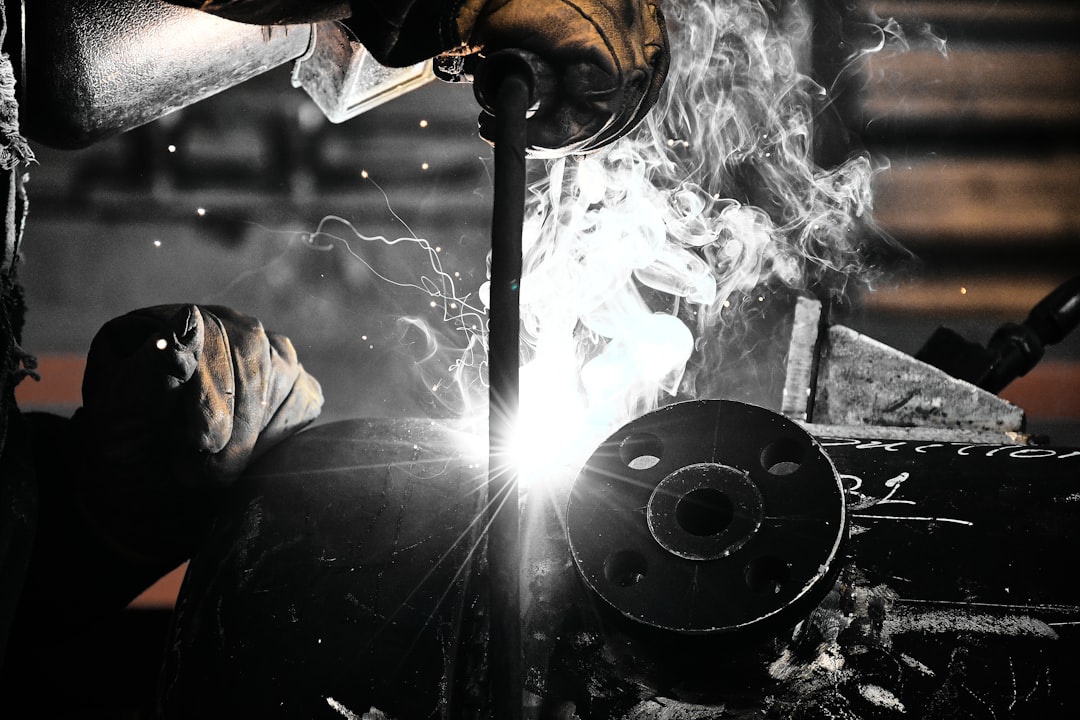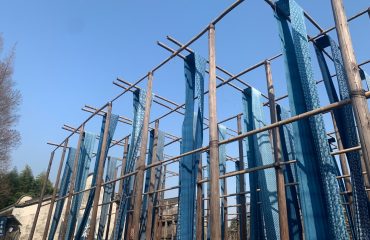The steel industry is a global powerhouse, demanding high standards of quality, safety, and efficiency. To thrive in this competitive landscape, individuals and organizations often seek certifications to demonstrate their expertise and commitment to excellence. This comprehensive guide will navigate you through the intricate world of steel industry certifications, providing you with the knowledge to make informed decisions and advance your career or business.
Understanding the Importance of Steel Industry Certifications
Steel industry certifications serve as a powerful testament to competency and adherence to industry best practices. These certifications aren’t merely pieces of paper; they represent a significant investment in professional development and a commitment to upholding stringent quality standards. They offer several key benefits:
- Enhanced Credibility and Trust: Certifications demonstrate expertise and build trust with clients, partners, and regulatory bodies.
- Improved Job Prospects and Higher Earning Potential: Certified professionals are often in higher demand and command better salaries.
- Access to Advanced Opportunities: Certifications can open doors to specialized roles and leadership positions within the industry.
- Competitive Advantage: In a competitive market, certifications can provide a significant edge over uncertified individuals and companies.
- Compliance and Safety: Many certifications are linked to safety regulations and compliance standards, ensuring safer working environments.
Types of Steel Industry Certifications: A Detailed Overview
The steel industry encompasses a vast range of specializations, leading to diverse certification options. These certifications often cater to specific roles, processes, or materials. Some common types include:
- Welding Certifications (AWS, ASME): These are crucial for professionals involved in joining steel components. Organizations like the American Welding Society (AWS) and the American Society of Mechanical Engineers (ASME) offer various certifications based on welding processes and materials.
- Quality Management System Certifications (ISO 9001): These focus on implementing and maintaining quality management systems within steel manufacturing and processing facilities. ISO 9001 certification demonstrates a commitment to consistent product quality and customer satisfaction.
- Environmental Management System Certifications (ISO 14001): These highlight a company’s dedication to environmental responsibility and sustainable practices within the steel industry, minimizing environmental impact.
- Occupational Health and Safety Management System Certifications (OHSAS 18001/ISO 45001): These certifications demonstrate a commitment to workplace safety and the well-being of employees, minimizing risks and promoting a safe working environment.
- Specific Material Certifications: Certifications may also exist for specialized steel grades or processes, such as stainless steel processing or high-strength low-alloy steel manufacturing.
Navigating the Certification Application Process: A Step-by-Step Guide
The application process for steel industry certifications varies depending on the specific certification and issuing body. However, some general steps usually apply:
- Research and Selection: Identify the relevant certification based on your role and career goals.
- Eligibility Requirements: Check the eligibility criteria, including education, experience, and any prerequisite training.
- Application Submission: Complete the application form accurately and thoroughly, providing all necessary documentation.
- Examination or Assessment: Undergo the required examination or assessment, which may involve written tests, practical demonstrations, or audits.
- Certification Award: Upon successful completion, you will receive your certification, often accompanied by a certificate and identification card.
- Maintenance and Renewal: Many certifications require periodic renewal to maintain validity, often involving continuing education or re-examination.
Maintaining Your Steel Industry Certifications: Continuous Professional Development
Once you’ve earned a steel industry certification, it’s crucial to maintain its validity and relevance. Continuous professional development (CPD) plays a vital role in this process. This can involve various activities, such as:
- Attending industry conferences and workshops: Staying updated on the latest advancements and best practices.
- Participating in training courses and seminars: Enhancing your skills and knowledge in specific areas.
- Reading industry publications and journals: Keeping abreast of the latest research and developments.
- Networking with other professionals: Sharing knowledge and learning from experienced colleagues.
- Engaging in self-study and online learning: Continuously expanding your expertise through independent learning.
The Future of Steel Industry Certifications and Their Impact
As the steel industry continues to evolve, driven by technological advancements and sustainability concerns, the importance of certifications will only grow. New certifications may emerge to address emerging technologies like additive manufacturing and advanced materials. Furthermore, the emphasis on sustainability and environmental responsibility will likely lead to a greater demand for certifications related to environmental management and sustainable steel production. The future of steel industry certifications lies in ensuring that professionals possess the skills and knowledge needed to navigate the complexities of a dynamic and ever-changing industry.
This guide offers a comprehensive overview of steel industry certifications. Remember to conduct thorough research based on your specific needs and aspirations. Investing in certifications is an investment in your future success within the steel industry.
Tags: Steel Industry Certification, Steel Certifications, Welding Certifications, ISO Certifications, Quality Management, Safety Certifications, Professional Development




